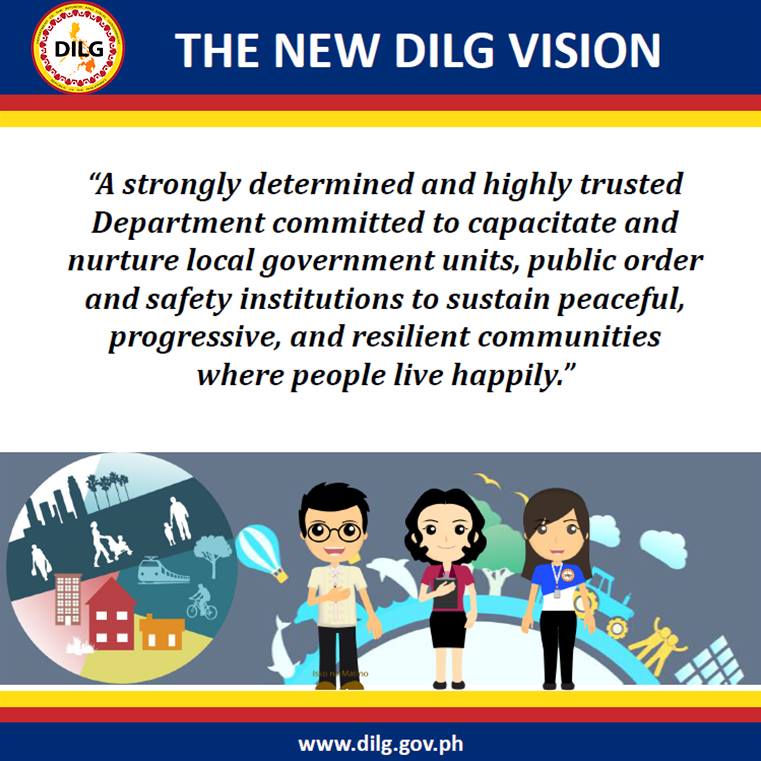- Details
- Category: NEWS AND EVENTS
- Hits: 3757

RD Florida Dijan presides over the RMCC-3 meeting
The Regional Management Coordinating Council (RMCC) III, presided by DILG Regional Director Florida M. Dijan convened on July 18, 2012 at Maharajah Hotel, Angeles City. The activity was attended by all the members of the council composed of the PNP, BJMP, BFP, NAPOLCOM and RTS-PPSC.
Highlights of the meeting include the presentation of accomplishments and updates of each member. LGOO VI Lerrie Hernandez, OIC-MED Chief of DILG R-3, also discussed the 2011 LGPMS Result particularly the service area on Peace, Security and Disaster Risk Management.
Areas of cooperation identified to further strengthen linkage of the council are serving of suspension, cease and desist orders, election protests, demolition activities, disaster operations, conduct of training of barangay tanods, and inclusion and publication of DILG Family (Interior Sector) activities through submission of articles for the “Insights”, the official quarterly newsletter of DILG R-3.
The Council also agreed to engage on other proposed activities such as the conduct of Regional Peace and Order Council (POC) meeting and fora, Tree Planting activity, Barangay Assembly Day and Interfacing with Provincial POCs and Provincial Management Coordinating Councils (PMCs).
















